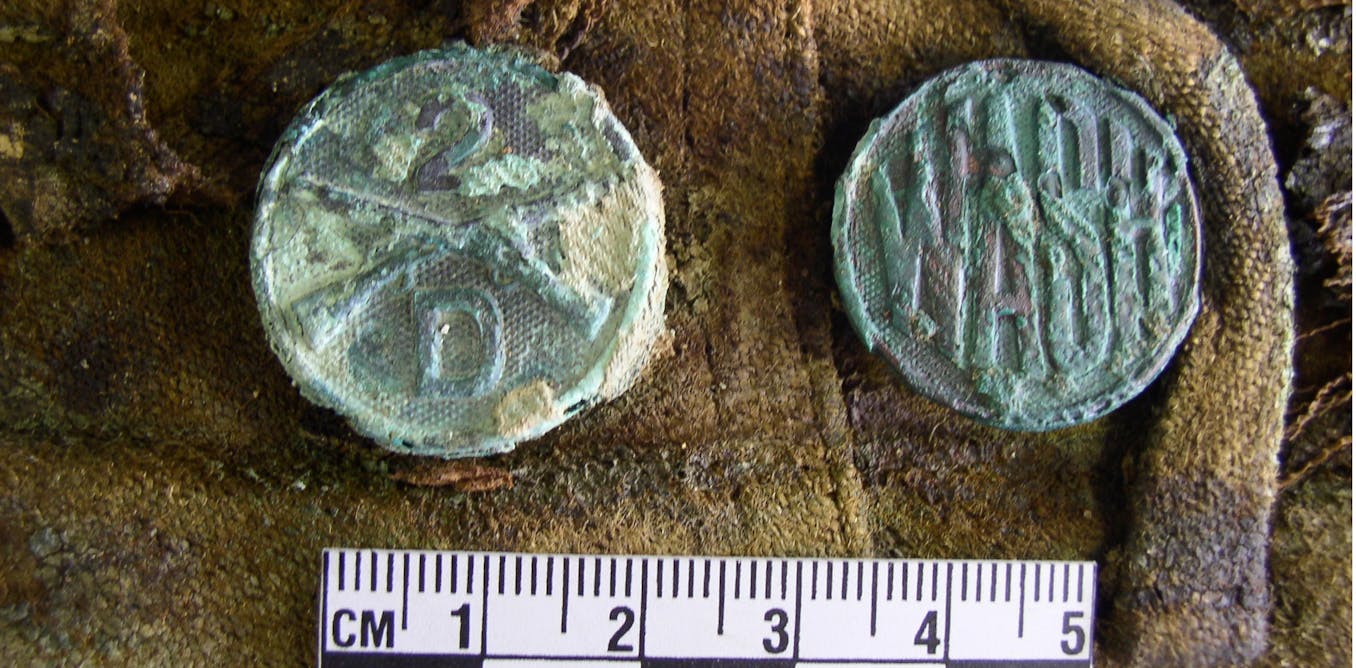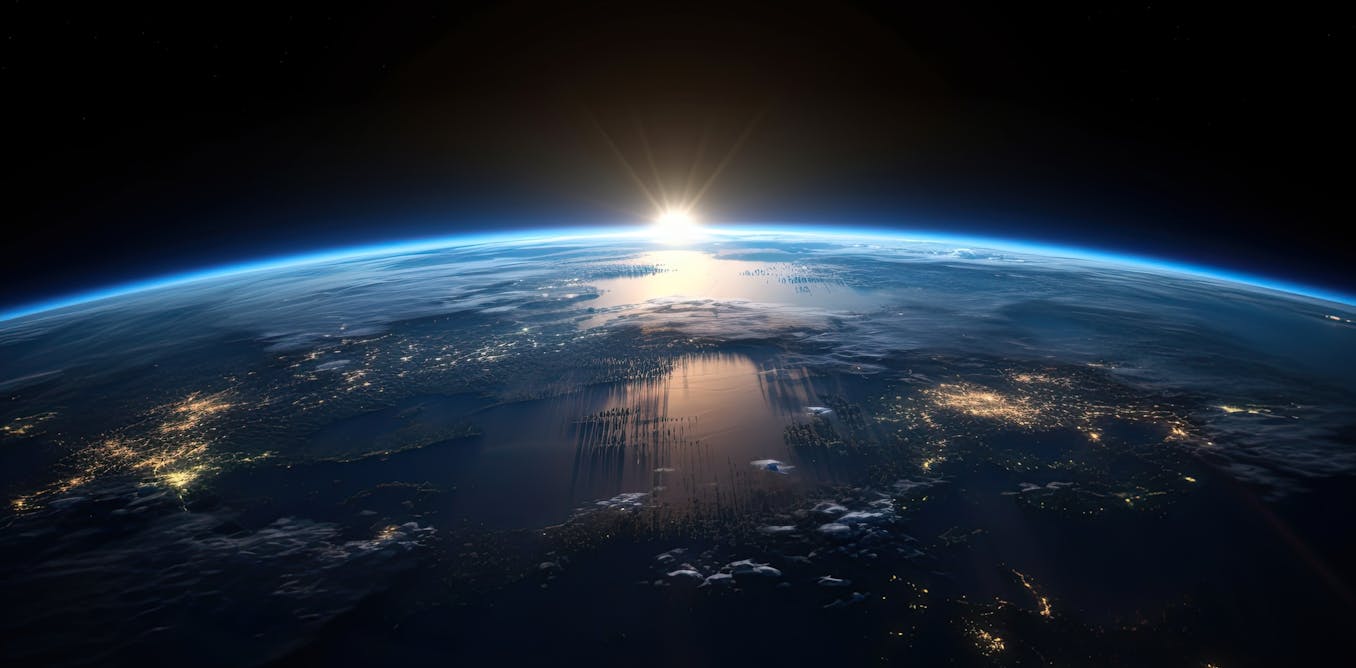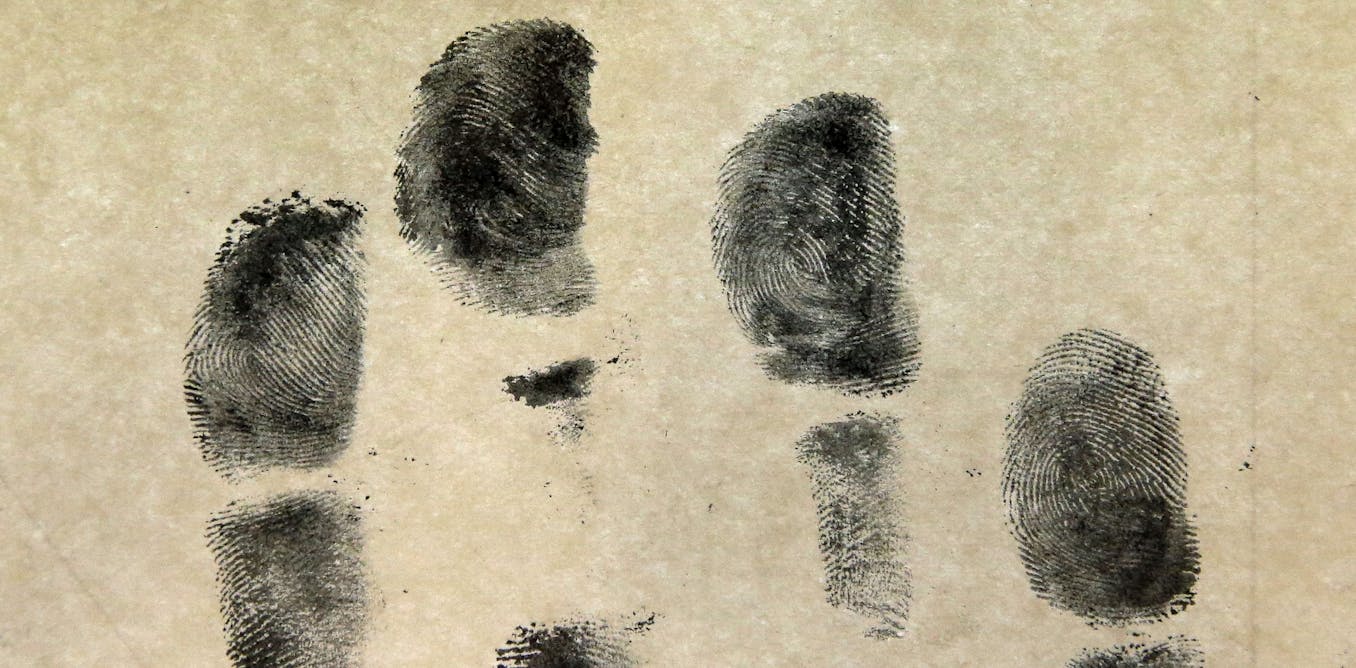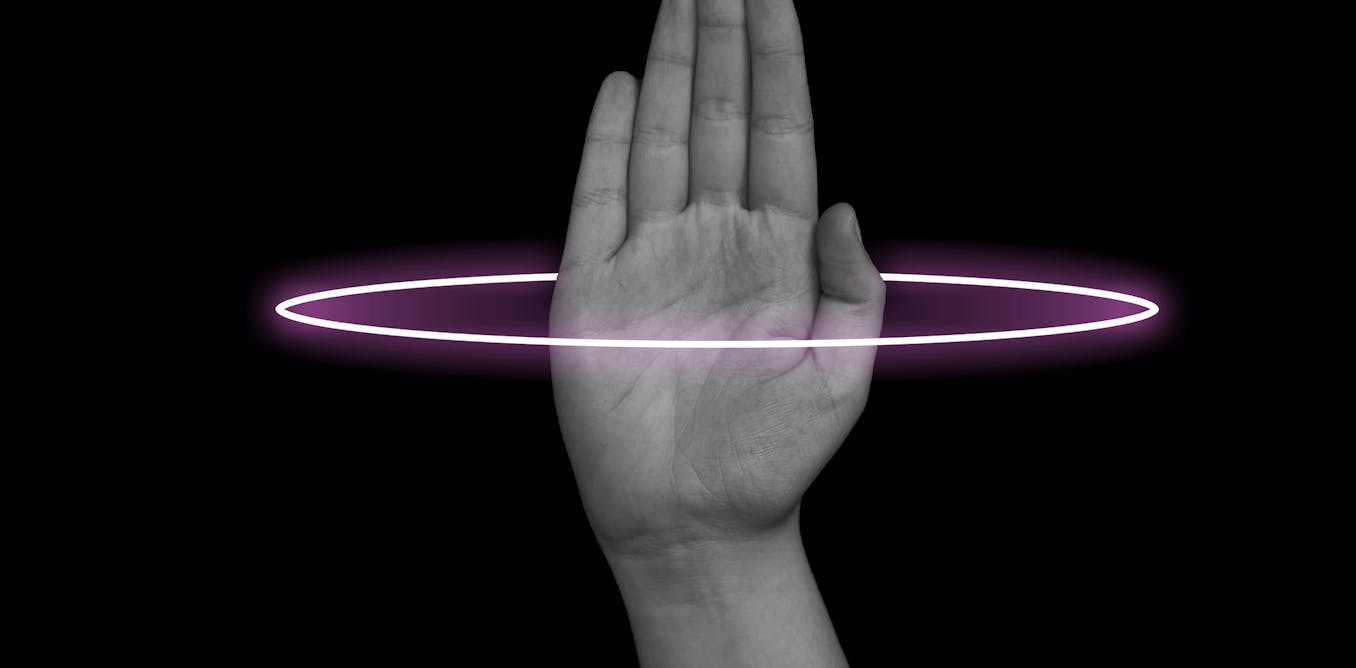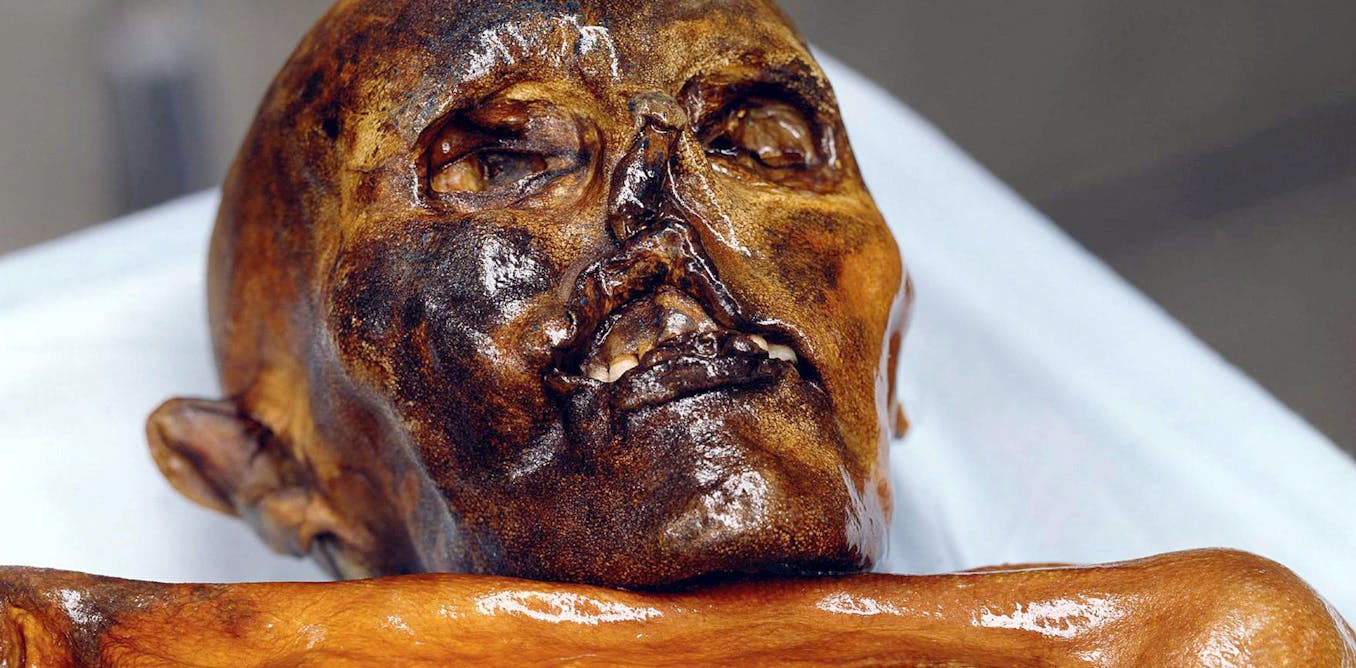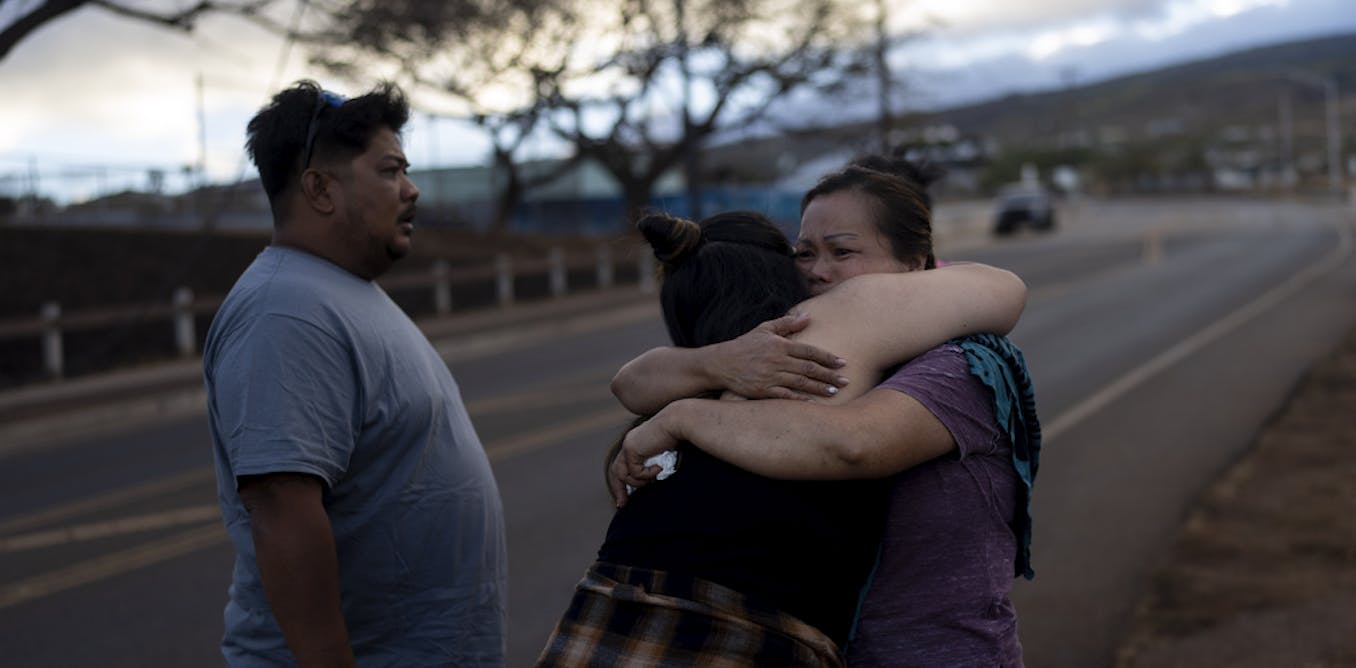Found dead in the snow − how microbes can help pinpoint time of death for forensic investigations in frigid conditions
An accurate estimate of when someone died is a critical part of forensic investigations. In extremely cold conditions, molecular biology can provide critical information where the naked eye cannot.
Sept. 9, 2024 • ~8 min


